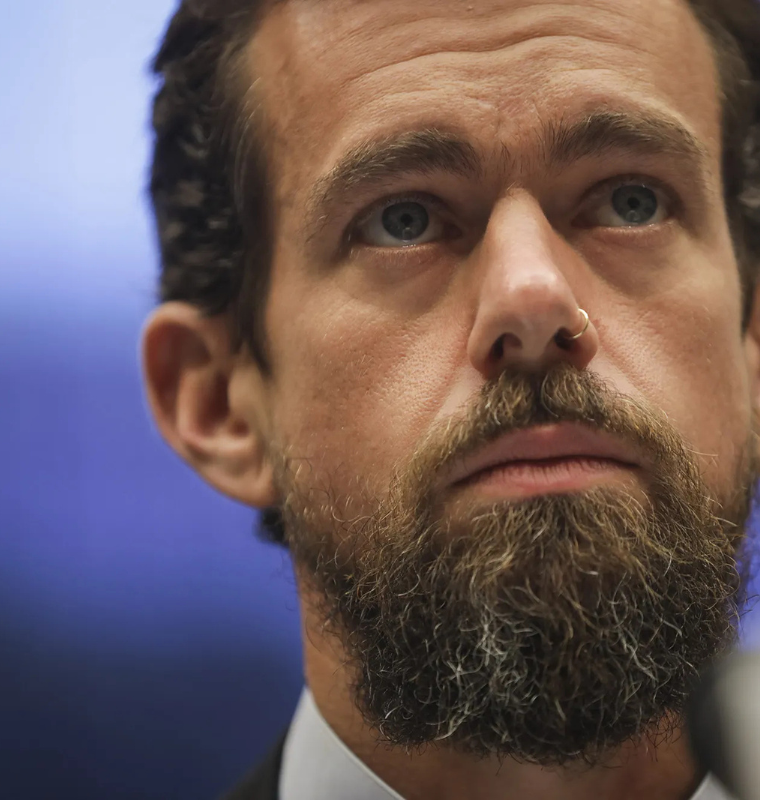France’s PM Suspends Pension Reform, Calms Markets — But Fiscal Challenges Remain
France’s PM Suspends Pension Reform, Calms Markets — But Fiscal Challenges Remain
By
Calder Monroe
Last updated:
October 16, 2025
First Published:
November 30, 2025

Photo: BBC
French Prime Minister Sebastien Lecornu, reinstated after last week’s resignation, announced plans to suspend President Emmanuel Macron’s contentious pension reform, sending relief through financial markets.
“There will be no increase in the retirement age from now until January 2028,” Lecornu declared to lawmakers in the National Assembly, outlining his government’s policy roadmap. The decision comes ahead of looming no-confidence votes, with the Socialist Party and parts of the center-right bloc signaling conditional support.
Investors responded positively, with France’s CAC 40 index surging 2.5%, marking its largest daily gain since April, while the euro rallied 0.2% against the U.S. dollar. The move effectively prevents another government collapse and revives hopes for the passage of the 2026 budget, which aims to reduce France’s deficit and stabilize debt.
The Cost of Suspension
Suspending the pension reform comes at a significant price. Macron’s plan, initially passed in 2023 using special constitutional powers, would have raised the retirement age from 62 to 64 and required 43 years of contributions. Compared to other European nations, France’s retirement age remains low — Germany: 65, Italy: 67, U.K.: 66-67 by 2026.
The suspension is projected to cost €400 million ($465 million) in 2026 and €1.8 billion in 2027, according to Lecornu. Economists warn that if delays extend beyond the 2027 presidential election, debt and deficit reduction efforts could be severely undermined. France’s independent public auditor estimates that a permanent halt could increase public debt by 20 billion euros annually by 2035, raising the debt-to-GDP ratio to nearly 130%, up from 113% in 2024.
Fiscal Outlook and Deficit Management
Despite the setback, Lecornu emphasized that fiscal consolidation remains central to his government’s agenda. He aims for a budget deficit of 4.7% of GDP in 2026, down from 5.5% this year, without imposing strict austerity measures. He also hinted at the possibility of an exceptional one-off contribution from large fortunes to balance finances.
UBS analysts, however, caution that France’s debt trajectory is unlikely to improve substantially. Claudia Panseri, UBS Chief Investment Officer for France, noted that the debt-to-GDP ratio could deteriorate by an additional 2–3 percentage points per year in the medium term, with the deficit remaining above 5% in 2026. Investors are advised to monitor developments closely, as political shocks can affect broader European markets. Shorter-dated French bonds, she added, remain a safer yield option with low default risk.
Political Implications
Lecornu’s concessions, including halting the budget’s parliamentary push, were strategic to secure support and stabilize the government. The Socialist Party indicated conditional backing, while the Les Republicains party also refrained from supporting far-left and far-right no-confidence motions. With these alignments, the government’s survival seems likely, at least in the near term.
The decision highlights the delicate balance France faces: calming markets and maintaining political stability while grappling with long-standing fiscal challenges and an aging population.
While markets have cheered, analysts warn that delaying structural reforms may only defer larger fiscal pressures in the coming decade, emphasizing the ongoing tension between political compromise and economic prudence.
Popular articles
Subscribe to unlock premium content
London’s Gourmet Playgrounds

From Bean to Buzz in Thailand

The Secret Life of Pop-Up Luxury Restaurants in Paris

London’s Gourmet Playgrounds

From Bean to Buzz in Thailand

London’s Gourmet Playgrounds









